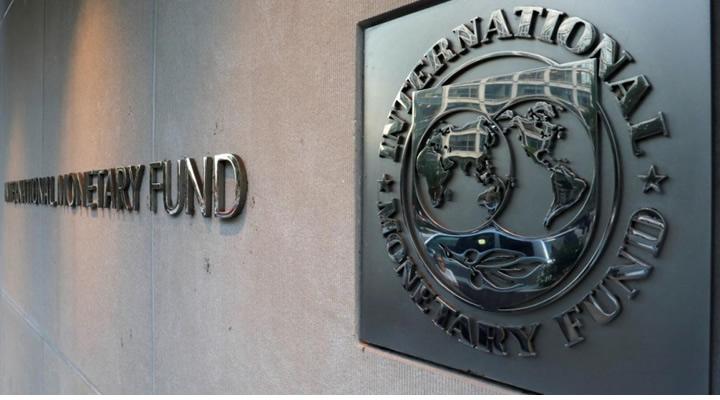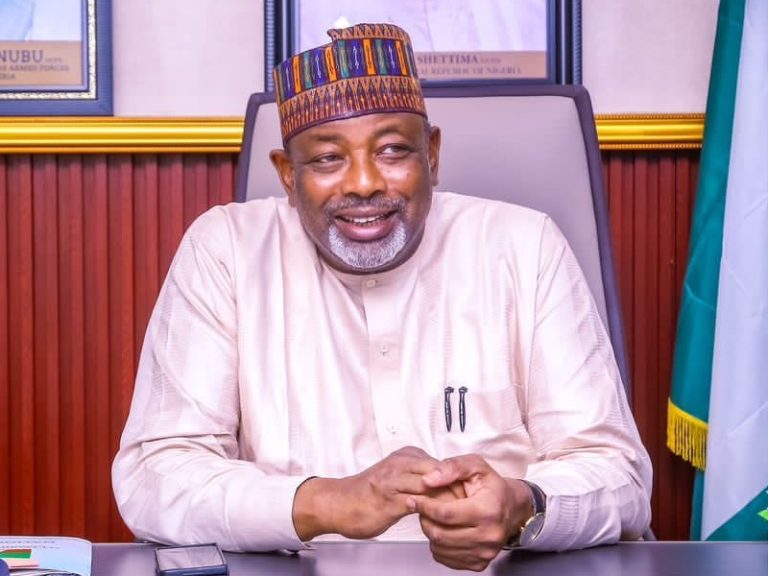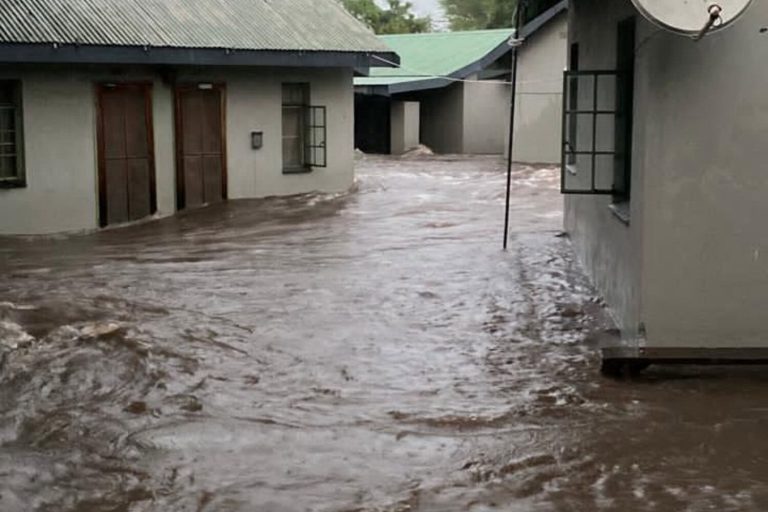
Economic growth across the Middle East and North Africa (MENA) has accelerated this year despite global uncertainty, volatile oil prices, and ongoing regional conflicts, according to a new report by the International Monetary Fund (IMF) released on Tuesday.
“Despite all the shocks we saw to trade with the tariff measures, geopolitical tension, the conflicts, the volatility in oil price, we see that growth has been performing better than last year,” said Jihad Azour, IMF Director for the Middle East and Central Asia, in an interview with AFP.
According to the IMF’s latest Regional Economic Outlook presented in Dubai, the MENA region’s economy is projected to grow by 3.3 percent in 2025 and 3.7 percent in 2026, an upward revision of 0.7 and 0.3 percentage points respectively from the Fund’s May projections.
The region’s GDP expanded by 2.1 percent in 2024, driven by strong oil output in Gulf countries and a rebound in tourism, industry, and agriculture across other economies.
Azour said Gulf states had particularly benefited from increased oil production, which helped offset lower prices, while non-oil-producing nations such as Egypt, Jordan, and Morocco recorded growth from sectoral recoveries.
Despite the ongoing war in Gaza, Azour noted that “the region was able to withstand the big geopolitical shock of the last two years,” including spillover effects in neighbouring countries.
He described the current ceasefire in Gaza as “an important and welcome development,” though he cautioned that it was too early to assess its impact on the region’s economic outlook.
“The impact on the region hinges on how this stability will materialise into improvement in the overall risk profile for the region and also what we see of potential reconstruction or post-conflict in Syria, Lebanon and in Gaza, and also later in the West Bank,” he explained.
Azour added that assessing the damage and reconstruction needs in Gaza remains a top priority, with the United Nations and the World Bank expected to play key roles in mobilising support.
He also warned that financing needs will be immense in other conflict-affected countries such as Yemen and Sudan, where dwindling international aid threatens to deepen economic distress.


